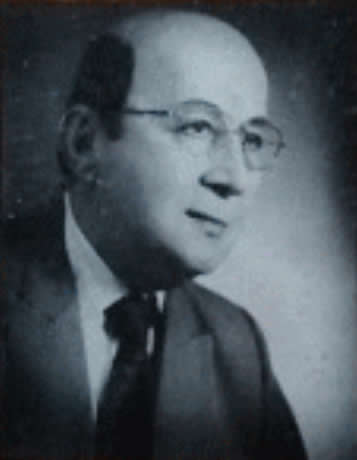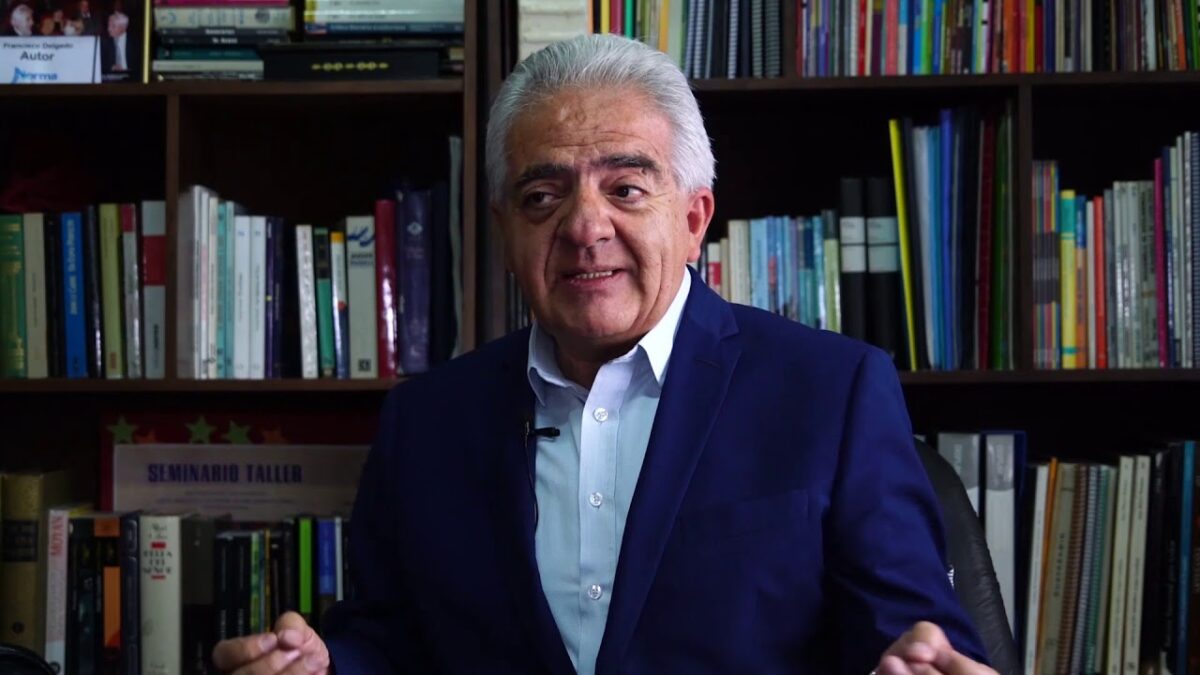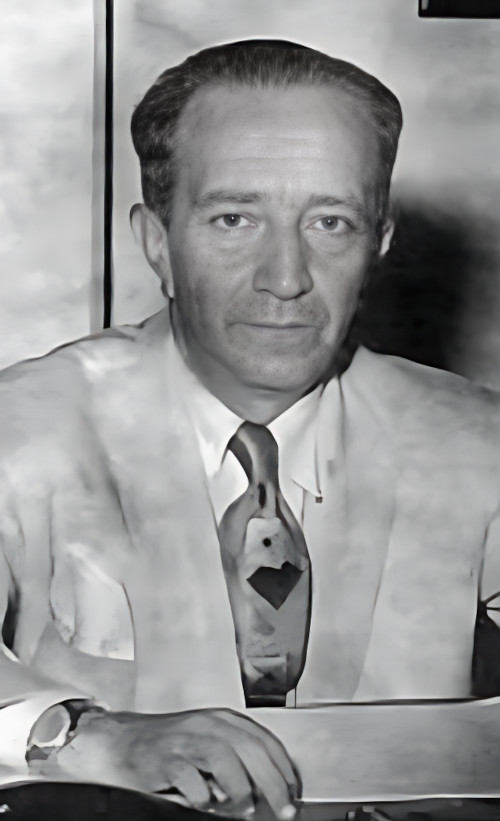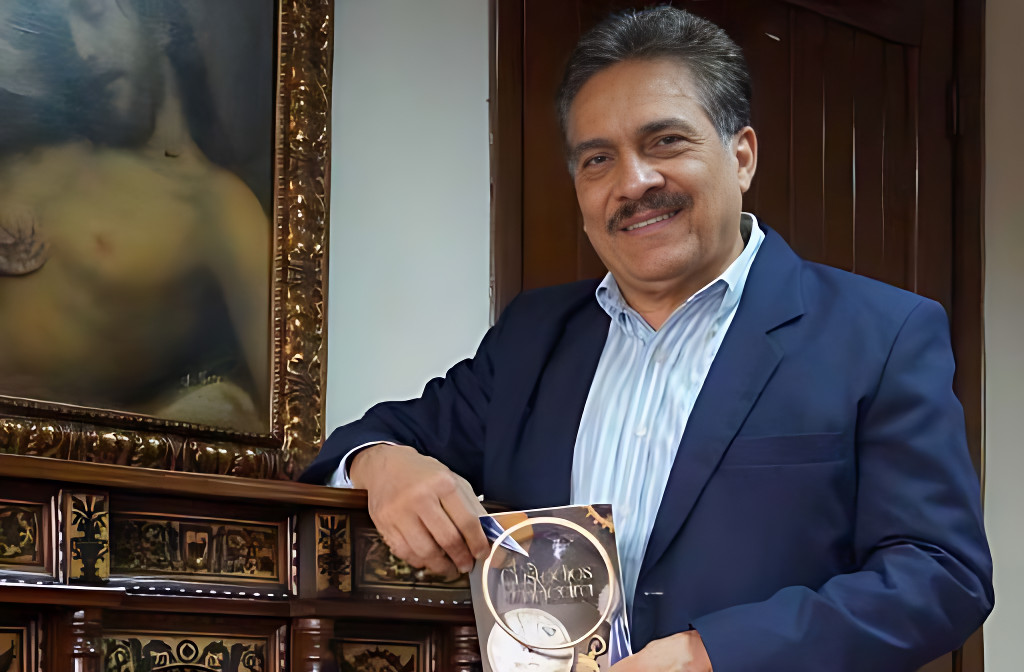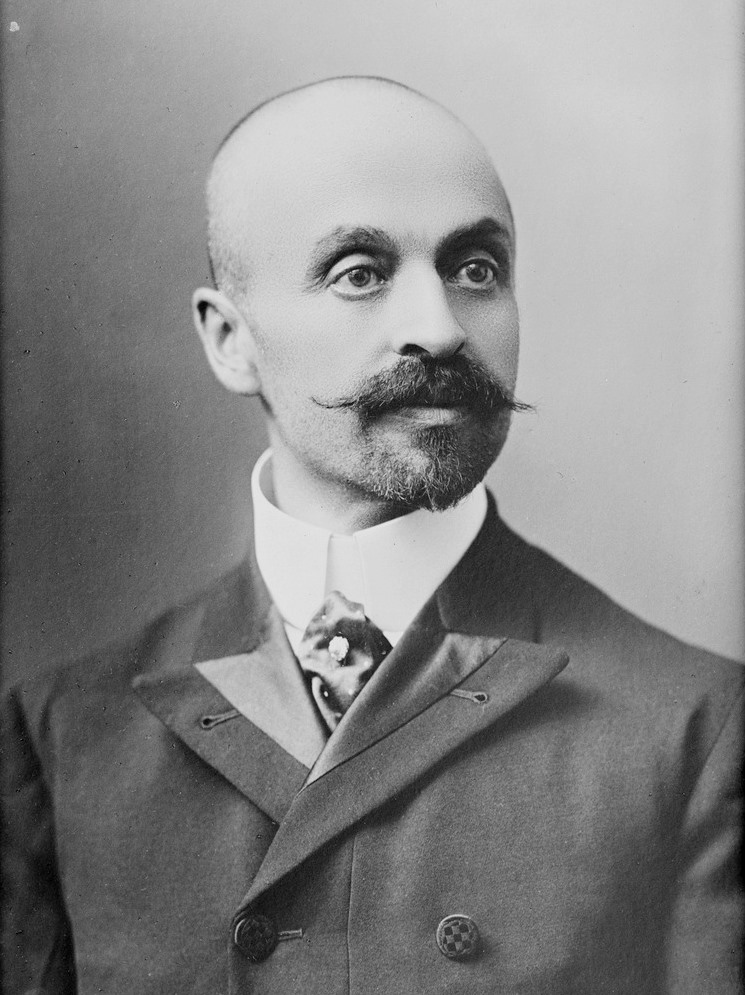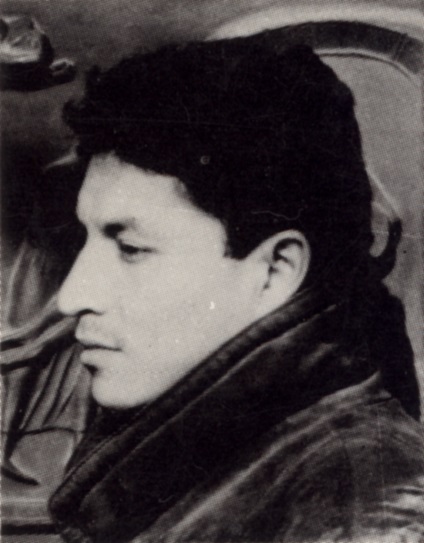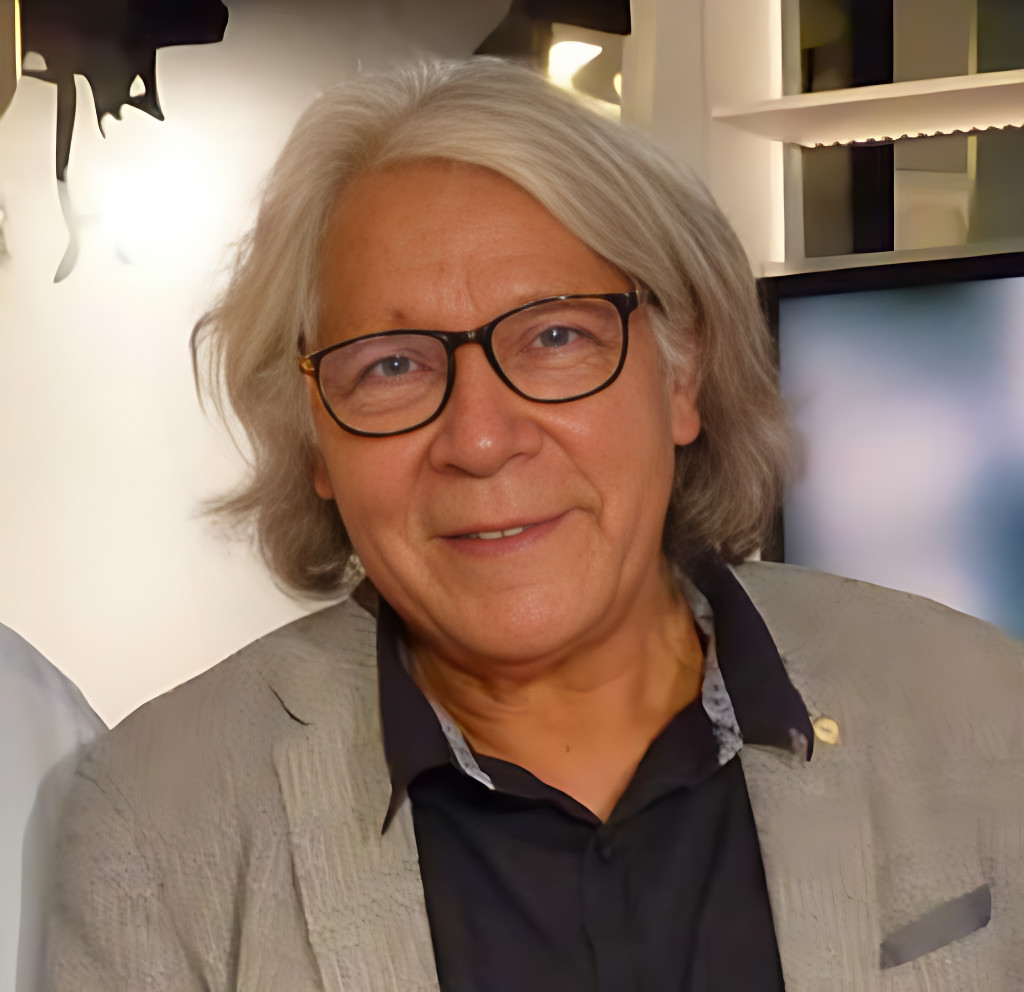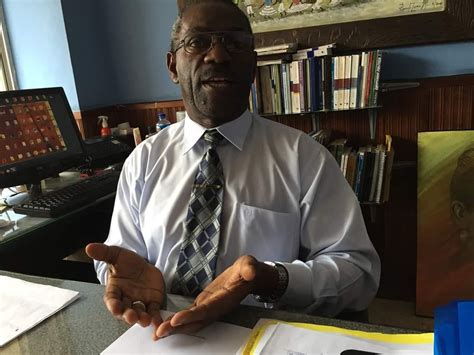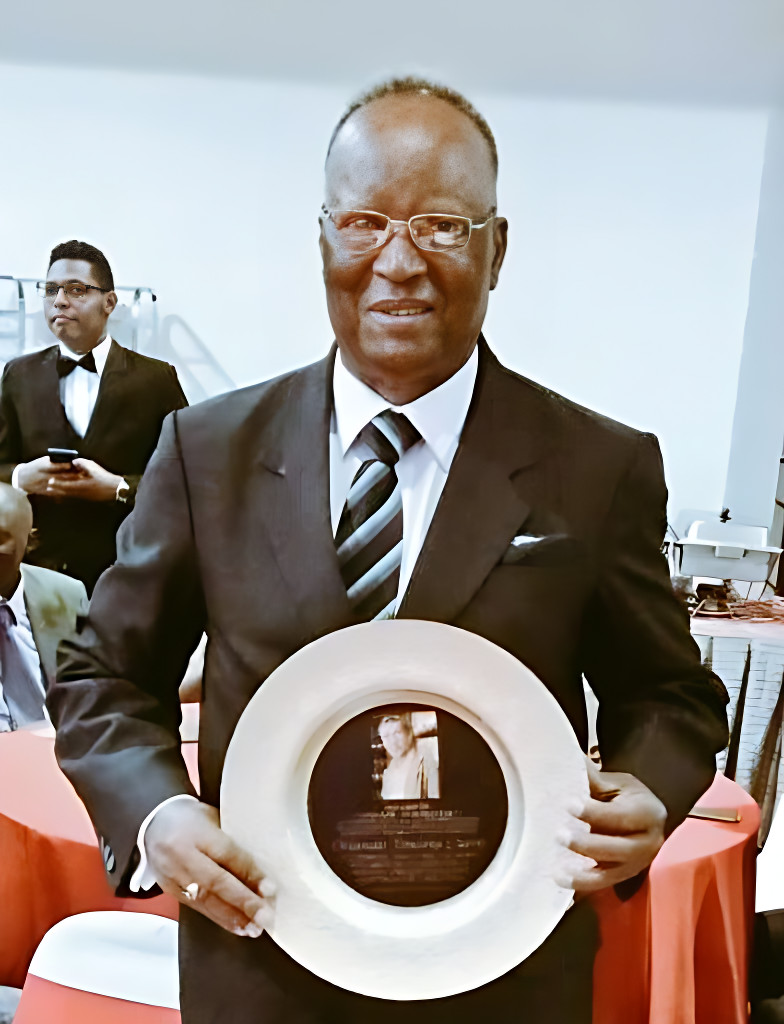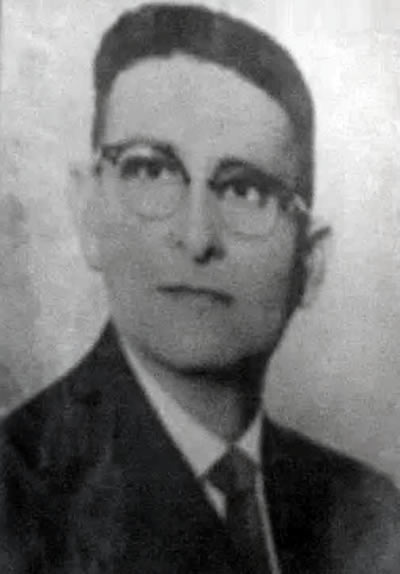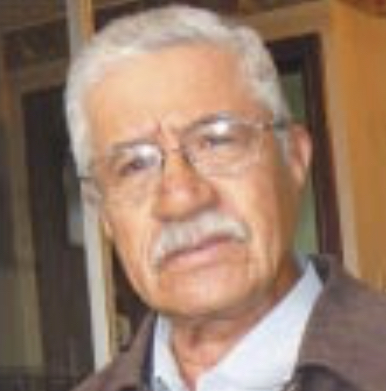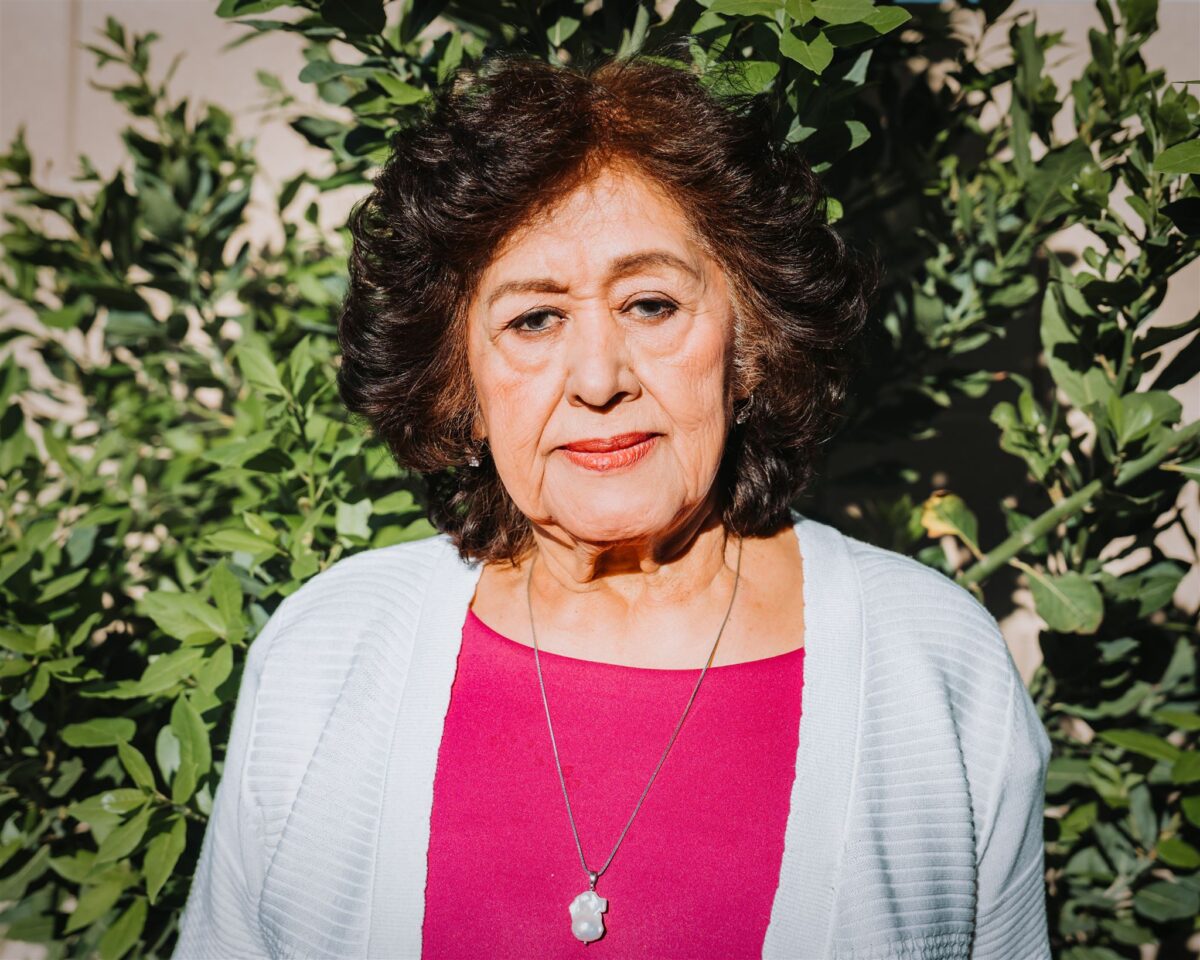Jorge Coronel Pincay (Guayaquil, April 23, 1920 – February 19, 1992) was an Ecuadorian lawyer, university professor, and noted poet renowned for his ability to convey profound emotions through short and impactful verses. He was honored with the title of “Romancero Guayaquileño” by the Municipality of Guayaquil. His notable published works include “Junquillo” (1935), “Romances a sol y lágrimas” (1940), “Dos Recitales” (1952), “Promesa de don Francisco” (1972), “Más allá de las palabras” (1977), and “Artefactos” (1979). His poems evoke intense feelings, showcasing his ability to capture complex emotions with brevity and evocativeness. The law firm he founded in 1952, today named Pincay Morla & Cia, is one of the oldest in Guayaquil and is still run by his descendants.
Continue reading “Jorge Coronel Pincay”Category: 20th Century Writers
Gonzalo Espinel Cedeño
Gonzalo Espinel Cedeño (Guayaquil, September 1, 1937 – Unknown) is an esteemed Ecuadorian poet known for his mastery of the sonnet form. Raised in a literary environment alongside his sister, Ileana Espinel Cedeño, he was influenced by the creative circle of poets from the Club 7. Despite early hardships, including the loss of his mother, Gonzalo developed a love for poetry and published several significant collections, including Estatura de la yerba (1968), Arenas al Viento (1968), Láminas del agua (1978), and Vertiente honda (1983). His works, celebrated for their lyricism, introspection, and emotional depth, earned him numerous accolades, including the First Prize in the Ismael Pérez Pazmiño Contest in 1968.
Continue reading “Gonzalo Espinel Cedeño”León Hi-Fong
León Hi-Fong (February 20, 1941 – Unknown) was an Ecuadorian writer and poet born in Guayaquil. In 1967, he co-founded a cultural group called CIMA along with linguist Carlos Rojas González, painters Juan Villafuerte and José Carreño, and narrators Alvarado, Salas, and Agustín Vulgarín. This group hosted a weekly hour-long radio program featuring Eduardo Salas Rodas and Hipólito Alvarado. León Hi-Fong also established the Buhardilla theatre group and co-founded the magazine “El pez que fuma” (The Smoking Fish) with poet Agustín Vulgarín. In 1975, he published a book of poems titled “El funeral de los pájaros” (The Funeral of the Birds) through the Casa de la Cultura Ecuatoriana. During the same year, he was reported to be living in the United States. In 1986, he published “Maleficio,” a collection of short stories. Later, in 1996, he published his poetry collection “Vuelo del pez que fuma: poemas.”
Continue reading “León Hi-Fong”Eulalia Barrera B.
Eulalia Barrera B., born Eulalia Beatriz Barrera Barrera (Quito, 1918 – Unknown) was an Ecuadorian writer and journalist who, along with her sister Inés, made a significant contribution to Ecuadorian literature. The Barrera sisters not only penned numerous “tradiciones” and short stories but also compiled important anthologies showcasing the works of other Ecuadorian writers. Notable among these are “Tradiciones y leyendas del Ecuador” (El Comercio, 1947) and “Los mejores cuentos ecuatorianos” (El Comercio, 1948). Eulalia Barrera’s distinctive approach to the “tradiciones” genre, integrating a gender analysis, set her work apart. Her stories, particularly “Flor de amor” and “La Capilla del Consuelo,” scrutinize the subordinate roles of women in society, shedding light on themes of oppression, loyalty, and solitude. Many of her works remain uncollected.
Continue reading “Eulalia Barrera B.”Francisco Delgado
Francisco Delgado Santos (Cuenca, June 9, 1950) is an Ecuadorian writer, poet, and editor. Delgado Santos has made a significant contribution to Ecuadorian literature for children and young people with his extensive collection of over 50 published titles. With a deep passion for reading and writing, Delgado Santos believes in the transformative power of books, especially in shaping the imaginations and intellectual development of young readers. His works span across various genres and have garnered recognition and prestigious awards. Beyond his literary achievements, Delgado Santos has played a pivotal role in establishing the National Library System of Ecuador, expanding access to books and fostering a culture of reading throughout the country.
Continue reading “Francisco Delgado”Humberto Salvador
Humberto Salvador Guerra (Guayaquil, December 25, 1909 – Ibidem, January 17, 1982) was an Ecuadorian writer, editor, jurist, psychoanalyst, and literature professor. His early literary works associated him with the avant-garde movement in Ecuador, publishing notable works such as the novel “En la ciudad he perdido una novela…” (1930). However, he shifted towards social realism in his later works, with novels such as “Camarada” (1933), “Trabajadores” (1935) and “Noviembre” (1939). Known for his exploration of human psychology and his bold examination of societal issues, Salvador’s works displayed a remarkable depth of insight and a willingness to challenge traditional norms. His remarkable literary legacy includes 13 novels, 4 short story collections, 2 plays, and a groundbreaking doctoral thesis titled “Esquema sexual” that has gone though many editions.
Continue reading “Humberto Salvador”Fernando Naranjo Espinoza
Fernando Naranjo Espinoza (Guayaquil, 1954) is an Ecuadorian writer, architect, watercolorist, and illustrator. He has made significant contributions to the realm of science fiction, a genre relatively unexplored in Ecuadorian literature. With his boundless imagination and captivating storytelling abilities, Naranjo Espinoza takes readers on extraordinary journeys through time, space, and alternate realities. In recognition of his talent, he received an Honorable Mention in the prestigious National Contest “José de la Cuadra” in 1979. Among his notable works is “La era del asombro” (1994), which garnered acclaim and recognition in the National Contest “Ismael Pérez Pazmiño.” Another noteworthy publication is “Cuídate de los coriolis de agosto” (2006). While primarily known for his science fiction stories, Naranjo Espinoza also ventured into the realm of the social novel with his book “Guasmo sur” (2013), which earned him the Second National Novel Prize in 2010. His most recent work, “Los custodios de la piedra” (2018), is a captivating collection of science fiction stories that delve into themes of time travel, memory, and the manipulation of reality. Since August 2017, Fernando Naranjo Espinoza has been serving as the Director of the Guayas Branch of the House of Ecuadorian Culture.
Continue reading “Fernando Naranjo Espinoza”Honorato Vázquez Ochoa
Honorato Vázquez Ochoa (Cuenca, October 21, 1855 – January 26, 1933) was an Ecuadorian diplomat, lawyer, educator, painter, grammarian, writer, and poet considered one of the most prominent figures of Cuencan lyricism in the 19th century. Vázquez’s literary works spanned different genres, including poetry, essays, and historical accounts. Notable among his works is the poetry book “Los sábados de mayo,” co-written with Miguel Moreno, which exemplified the tendencies of national romanticism in Ecuador. Vázquez’s poems, such as “Morenica del Rosario,” demonstrated his sentimentality and mastery of language, including the use of archaic Spanish. Furthermore, his contributions to the field of linguistics were notable, with regular essays on the Spanish language, Quechua, neologisms, and other language-related topics. In 1886, at the age of 31, he delivered his induction speech to the Ecuadorian Academy of Language, making him one of the youngest members to ever join.
Continue reading “Honorato Vázquez Ochoa”Paco Benavides
Paco Benavides, born Javier Palmiro Benavides (San Gabriel, Carchi province, December 4, 1964 – Bern, Switzerland, June 24, 2003), was an Ecuadorian writer, poet, painter, and sociologist. He was a founding member of the Matapiojo writing workshop, which aimed to socialize the means of literary production. His notable work, “Historia natural del fuego” [Natural History of Fire], garnered recognition in 1990. His other poetry books include “Viento Sur” (1995), and “Tierra Adentro” (1995). After relocating to Bern, Switzerland, with his wife, he continued his literary and artistic pursuits. His passing on June 24, 2005, in Bern saw his remains transferred to Quito, Ecuador, leaving behind a wealth of unpublished writings, paintings, and installations. His last known work, “X, (vida y milagros” was published posthumously in 2021.
Continue reading “Paco Benavides”Ramiro Oviedo
Ramiro Oviedo (Chambo, Ecuador, 1952) is a renowned poet and writer known for his literary contributions in Ecuador and France. He relocated to France in 1987, where he taught Latin American literature at Université du Littoral. Oviedo has published several acclaimed books. His collection, “Les poèmes du colonel” (2002) won the Trouvères Prize in 2002 and the Claude Sernet Prize in 2004. His captivating writing delves into the existential struggle for meaning in life and the challenges individuals face. Oviedo’s dedication to literature and teaching has made him a prominent figure in the international literary community, shaping the minds of aspiring writers and contributing significantly to the cultural exchange between Latin America and Europe.
Continue reading “Ramiro Oviedo”Diógenes Cuero Caicedo
Diógenes Cuero Caicedo (Esmeraldas, October 28, 1948 – Ibidem, January 3, 2019) was an Ecuadorian poet, cultural activist, lawyer, university professor, and a prominent voice in celebrating and affirming black identity. Born in the poor black community of San Francisco de Ónzole in the Eloy Alfaro Canton, Cuero dedicated his life to promoting the culture and heritage of Afro-Ecuadorians. His literary journey began in the 1980s, using poetry as a means to explore themes of blackness, social justice, and the rich cultural legacy of his community. Through works like “Tsunami, Mitología y Poesía” and “Las Huellas de la Carimba,” Cuero illuminated the experiences, struggles, and contributions of Afro-Ecuadorians, challenging stereotypes and fostering a deeper understanding and appreciation of black identity. His impact as a poet and cultural advocate continues to resonate, leaving a lasting legacy in Ecuadorian literature. He held a doctorate in Jurisprudence and for 20 years hosted a radio program called “Raíces” (Roots), where he spoke about the culture of his people.
Continue reading “Diógenes Cuero Caicedo”Orlando Tenorio
Orlando Tenorio Cuero (Esmeraldas, May 22, 1945) is an Afro-Ecuadorian poet and writer. Tenorio’s poetry explores a variety of topics, providing deep observations on social consciousness, struggle, and the human condition. His notable books include “Desde atrás de la vida” [From Behind Life], “El Alfabeto de las golondrinas” [The Swallows’ Alphabet], and “Epistlas para el hombre y el mar” [Epistles to Man and the Sea]. Tenorio also served as president of the Esmeraldas chapter of the House of Ecuadorian Culture (Casa de la Cultura Ecuatoriana), displaying his dedication to fostering arts and culture in his region.
Continue reading “Orlando Tenorio”Próspero Pérez García
Próspero Pérez García (Jipijapa, December 8, 1905 – unknown) was a journalist, writer, and historian from Jipijapa. He dedicated his life to researching and writing about the history of his hometown. His works include “Cincuenta años del incendio de Jipijapa” and “Jipijapa a través de los siglos,” among others. As a journalist, Próspero Pérez served as a correspondent for several newspapers. In addition, he documented the old Jipijapa through his captivating photographs, which have been showcased in photographic exhibitions organized by the National Institute of Cultural Heritage (INPC). His contributions earned him recognition from institutions and organizations both during his lifetime and posthumously. His book on the fire of Jipijapa inspired the town’s anthem. Pérez’s adoptive daughter, Martha Luzardo, currently resides in the house where Próspero Pérez García lived and preserves his works. His writings continue to serve as a valuable resource for writers, journalists, and educators discussing Jipijapa’s history. Próspero Pérez remains a significant figure in the historical narrative of Jipijapa.
Continue reading “Próspero Pérez García”Alfredo Vivar
Alfredo Vivar (Cuenca, 1932 – unknown) was an Ecuadorian poet, painter, and civil engineer. He is perhaps best known for his poetry books, “Variaciones, natura, amor, soledad” (1978), “Sonsinfin Opus” (1984), and “Sonsinfin Opus 2” (1986). In 2012, the University of Cuenca published two poetry books from his cyclical series Sonsinfin: “Suele llama sola mi corazón” and “El mar azul… ¿Dónde es azul?” Eliecer Cárdenas, in the foreword of these volumes, emphasized the distinctiveness of Vivar’s poetry, characterized by its non-sequential nature and instantaneity. Jorge Dávila Vázquez once referred to Alfredo Vivar as “a lyricist who has not yet received the recognition he deserves.” Notably, Vivar’s poetry was also included in the anthology “Siete poetas,” which was published by the House of Ecuadorian Culture in 1990.
Continue reading “Alfredo Vivar”Nancy Carlín Iglesias
Nancy Carlín Iglesias de Lujano (Esmeraldas, March 31, 1937) is an Ecuadorian poet. She called both Esmeraldas and Guayaquil home at different stages of her life. In 1960, she achieved recognition with the publication of a notable collection of poems titled “Este paisaje llamado día” [This Landscape Called Day], released by the Publications Department of the University of Guayaquil. Her exceptional talent as a poet led to the inclusion of her work in prominent anthologies such as “Espirales Poéticas,” “Presencia de la mujer ecuatoriana en la poesía,” “Cuaderno de Poesia,” and “Lirica Hispana” (Venezuela). During the late 1950s, Nancy contributed to newspapers or magazines such as La Hora, Nuevo Diario La Hora, La Nación (Diario Matutino), and Cronica Universitaria. Following her marriage in 1965, Nancy took a hiatus from publishing poetry, but her love for the art form remains undiminished. She continues to write poems for personal enjoyment, as well as for her family and on special occasions. She currently resides in Las Vegas, Nevada where she now goes by her married name, Nancy Lujano.
Continue reading “Nancy Carlín Iglesias”